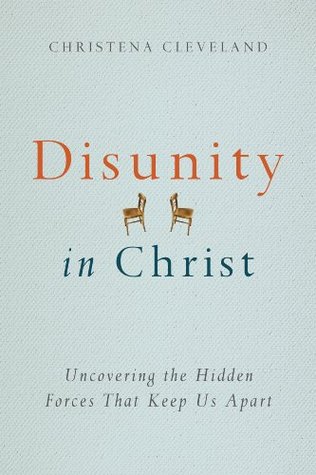More on this book
Community
Kindle Notes & Highlights
Read between
July 22 - August 3, 2019
Rather than using his power to distance himself from us, Jesus uses it to approach us. He follows his own commandment to love your neighbor as yourself—often to his detriment, I might add—by pursuing us with great tenacity in spite of our differences. He jumps a lot of hurdles to reach us.
When we meet Jesus around people who are just like us and then continue to follow Jesus with people who are just like us, we stifle our growth in Christ and open ourselves up to a world of division.
Many of the evangelicals that Emerson and Smith interviewed believed that their desire to remain in a homogenous church had nothing to do with bigotry or intolerance. However, research on group processes shows that group separation and prejudice have a bidirectional relationship—that is, prejudice tends to result in division between groups and division between groups tends to result in prejudice. What begins as seemingly harmless homogeneity often snowballs into distrust, inaccurate perceptions of other groups, prejudice and hostility.
The body of Christ is vast, diverse, talented and brimming with resources. I wonder how many real world issues we could tackle if we weren’t so busy bickering about the correct way to define a doctrine or which political party is better equipped to solve the crises in our country and beyond. What if we decided that we were going to use our numbers, our expertise and our (potential) unity to solve real problems?
Different groups in the body of Christ hold life-giving information. But once they have become the casualties of categorizing processes, relegated to outgroup status and perceived as different or even out of touch, we are not likely to accept their input and help.
Here are some other signs that you may have succumbed to self-esteem and identity-related divisions: You cringe at the thought of praising a particular Christian group. When someone tries to associate you with a particular group, you overreact and go out of your way to clarify that you are not with them.


